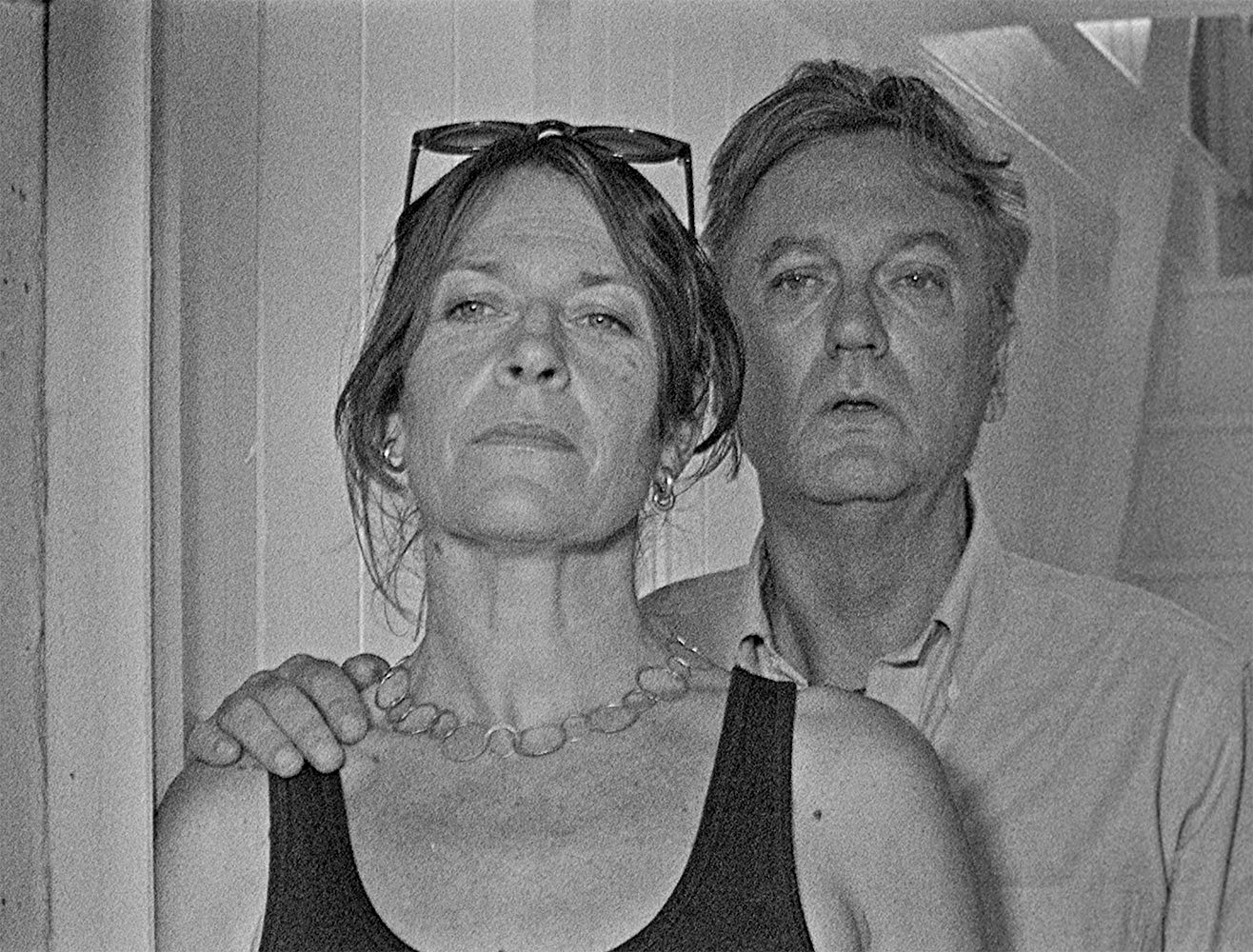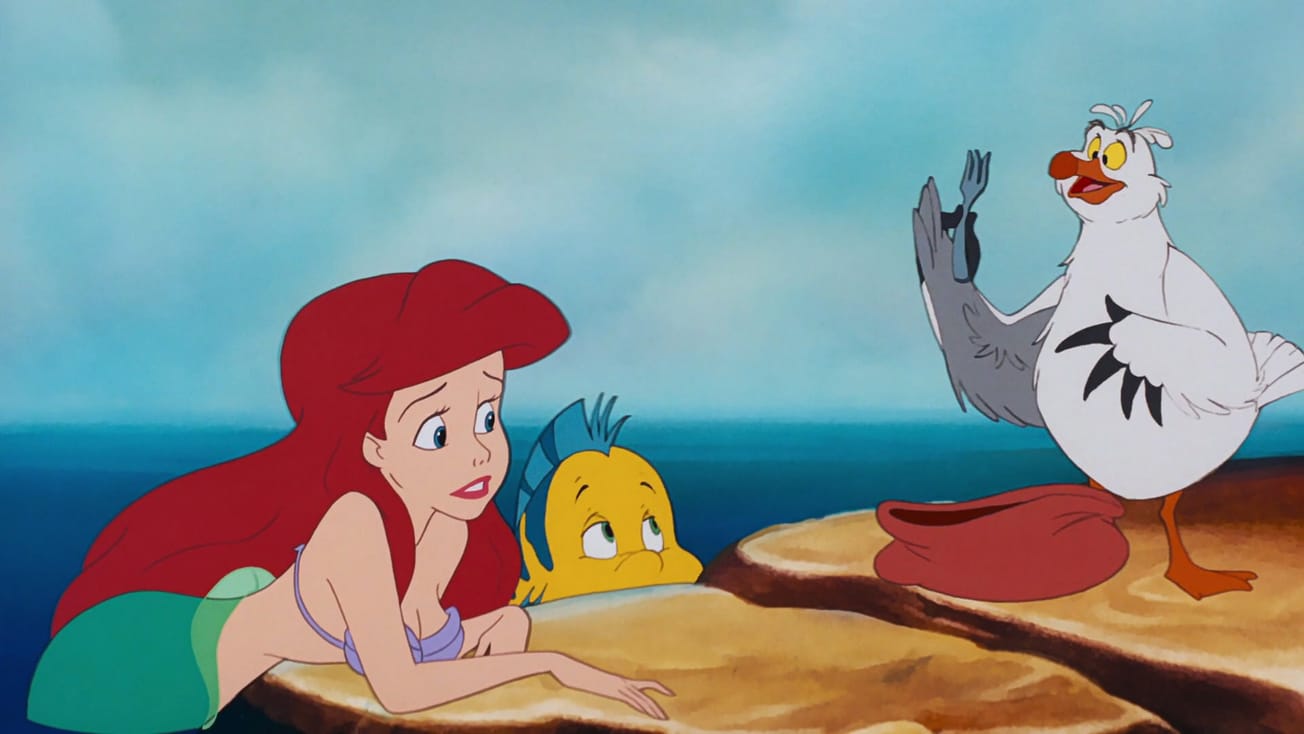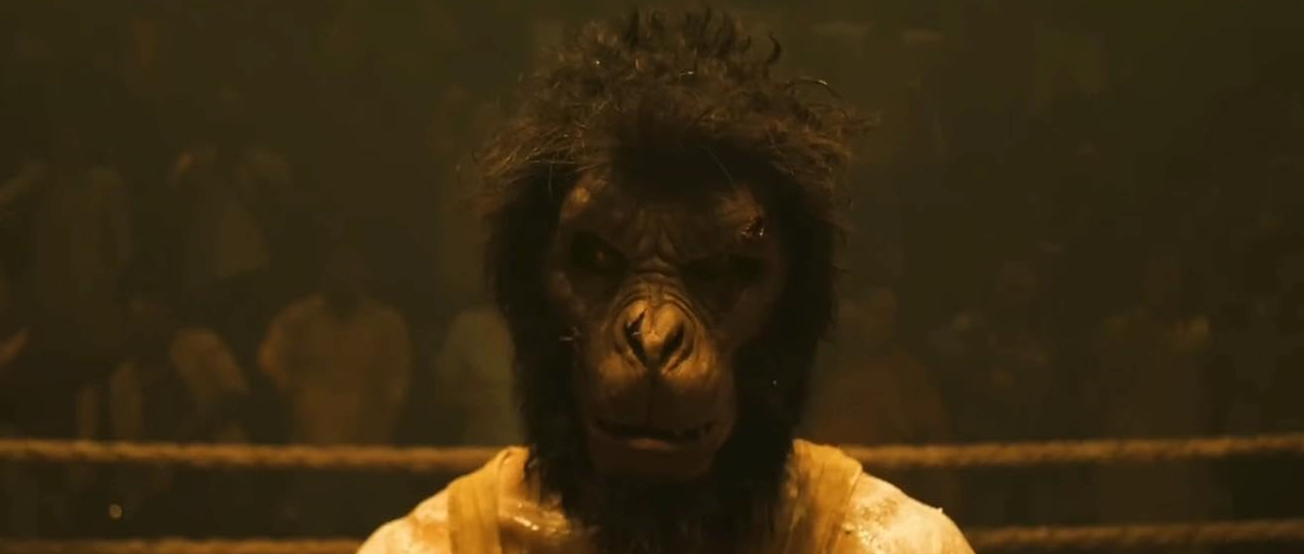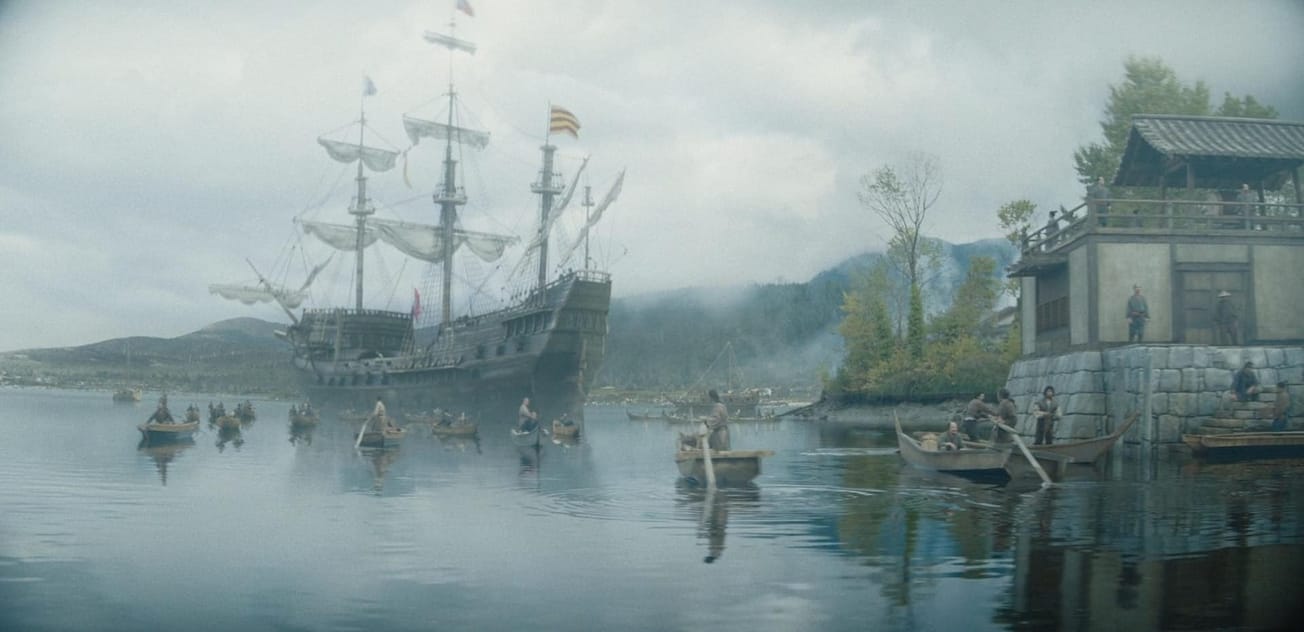By Leah Martindale, Film & TV Editor
Bait caught many an eye with its choice to shoot on 16mm black-and-white film but this ends up as a gimmick, with there being little else in the plot, direction or performances of this Cornish drama that is of any interest.
Bait (2019) is a laughably pretentious attempt at social realism that reads like a student homage to the pseudo-intellectual preconceptions of the French New Wave. With an unnecessary outdated filmic style, a desperately unlikeable dickensian cast, and an over-advertised, underplayed inherent political compass, the film is a frustratingly never-ending directoral auto-fellatio lasting 89 minutes.
Shot in 4:3 on a flickering, hand-cranked reel, the film’s aesthetic unfortunately looks less like a genuine labour of love and more like a 2013 Instagram filter. Much of the film is compiled of boring shots which would be unremarkable if not for the fact that they were shot on 16mm black and white film.
Shots have a tendency to jump between static images in a blunt montage style that is reminiscent of, but does not live up to, early cinema. Occasionally, there is an engaging juxtaposition of seemingly unrelated images in montages, drawing interesting parallels to pass unspoken judgement on the situations at hand.
Watching Bait almost feels like watching an early sound film in its stationary shots, which were not driven by an artistic choice, but more by necessity due to the bulk and weight of early sound recording equipment.
This is not helped by the sound’s poor quality, often appearing out of sync with lip movements in a move characteristic to dubbed cinema, or at confusing volumes and quality.
One of the film’s most offensive traits is how it appears to taut the idea that fishing is an unglamourous lifestyle as somehow revolutionary, and not the universal comprehension of anyone who has ever seen a fish before.
The premise centres around a begrudging fisherman and his family of Cornwall locals and their class feud with insufferable Londoners who bought up their ancestral street for their holiday homes.
Shots have a tendency to jump between static images in a blunt montage style that is reminiscent of, but does not live up to, early cinema
This genuinely engaging and politically timely topic is undercut by the film’s stagnant dialogue, with awkward pauses and incomprehensibly irritating conversations. It is hard to tell whether the characters are poorly written, acted, directed, or a combination of all three, but they are some of the least likeable I have ever watched.
The film could only be saved by a From Dusk Til Dawn (1996) genre-shifting massacre halfway through, culling all but the protagonistic male and cheeky teenage girl, in Bait embodied by Chloe Endean who is wasted as the eye-rolling bartender, Wenna.
One of the most wasteful moments of the film was the ending. A dramatic twist, underplayed in uncomfortably long shots and awkward cuts, goes unjustly completely unmentioned. There is an allusion to the consequences of such a shift, but the implications of absolutely no one mentioning what actually happened serves to destroy the image of a village united in opposition to gentrification and displacement.
The protagonist’s agonising grumblings are meaningless when they clearly only engage with the trivial and self-aggrandising.
The film serves as ‘bait’ for the mouth-frothing middle-aged, middle-class, home-owning apologists of middle-of-the-road liberal sensibilities, who guffaw at the phrase ‘sex dungeon’ and write blithering notes about the film’s alleged humour.
The ideal audience for such a miserable piece are the likes of the BFI’s Ian Mantgani who managed to genuinely compare this Kuleshovian extended metaphor with Spike Lee’s 1989 era-defining masterpiece Do the Right Thing.
I, luckily, am not amongst this group, and as such breathed a sigh of relief when the long-awaited credits rolled over the film’s final, uncomfortable shot.
One of the most wasteful moments of the film was the ending
There are times when you may watch a film which does not reach its potential. This is not one of these occasions. This film does not have any potential for humour or engagement, without a total rewriting and, potentially, firing everyone involved. I would not recommend this viewing experience to an enemy.
Featured image: IMDb / Early Day Films
Were you left disappointed by Bait as well or did it have you hooked?








